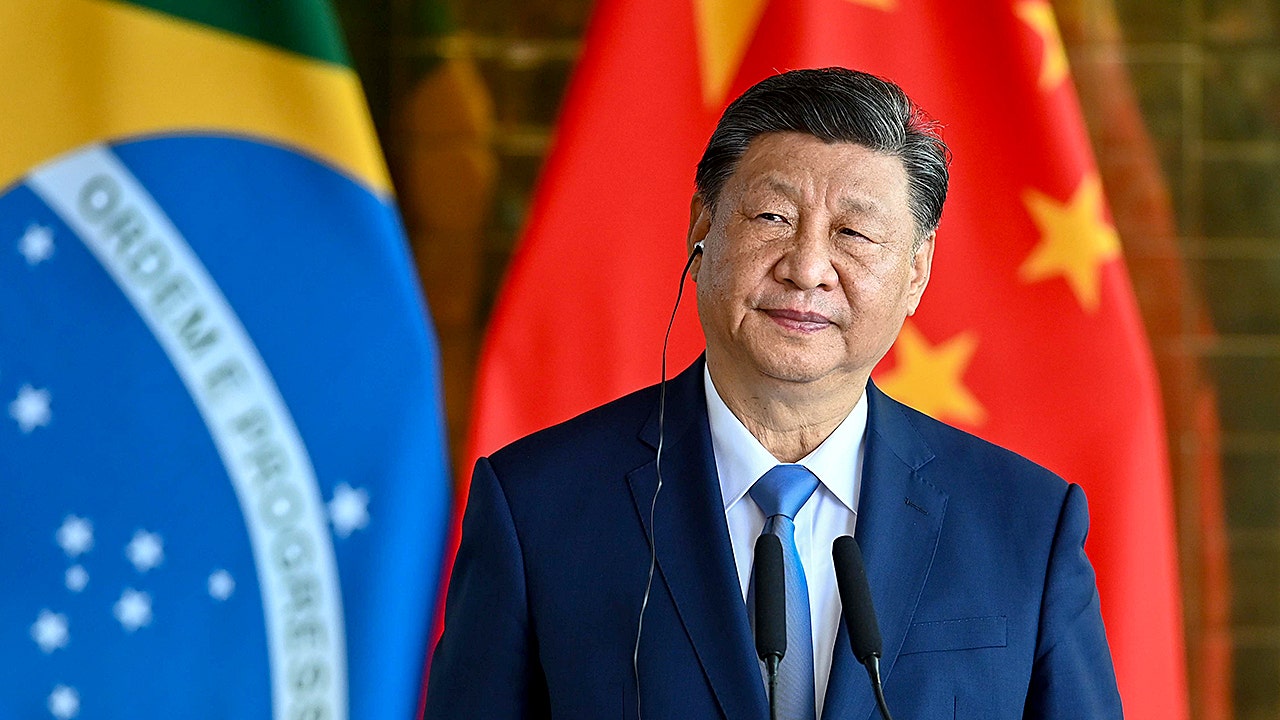Federal agencies distance themselves from Chinese PDF company Foxit

Foxit, a prominent PDF software company founded in China, has come under scrutiny for its ties to the U.S. government and Chinese connections. The company, which develops software for reading, editing, and signing documents, has recently removed any mention of its U.S. government customers from its website after facing questions from Fox News Digital.
Founded in 2001 in Fuzhou, China, by Eugene Xiong, Foxit’s parent company, Fujian Foxit Software Development Joint Stock Co., Ltd., is traded on the Shanghai stock market and oversees a U.S. subsidiary based in Fremont, California. The company’s website previously boasted clients across the federal government, including the Missile Defense Agency, State Department, Army, Navy, Air Force, Department of Homeland Security, Food and Drug Administration, U.S. courts, and the Department of Transportation.
However, following inquiries from Fox News Digital, Foxit swiftly removed any mention of its U.S. government customers from its site and did not respond to further questions. Multiple agencies have confirmed that they have either removed Foxit products or no longer maintain active contracts with the company’s U.S. subsidiary.
For example, the Missile Defense Agency stated that Foxit was no longer in any of its systems, and the State Department mentioned that small contracts with Foxit had been terminated in the past. The Department of Justice also confirmed that Foxit was removed from its networks last year after a security review.
Despite its California headquarters and global reach, Foxit’s Chinese website highlights clients such as the Chinese Ministry of Foreign Affairs, the State Intellectual Property Office, and the National Standards Committee. The company’s parent company in China is subject to Chinese law, including the 2017 National Intelligence Law, which requires companies to assist Chinese intelligence if requested.
Critics warn that even seemingly routine data could be of intelligence value to the Chinese government. With Foxit claiming to have 750 million users and over 425,000 clients worldwide, the potential for data collection and intelligence gathering is a significant concern.
In conclusion, the connections between Foxit, the U.S. government, and China raise important questions about data security and potential intelligence risks. It is essential for government agencies and companies to carefully evaluate their partnerships and consider the broader implications of their technology choices.




